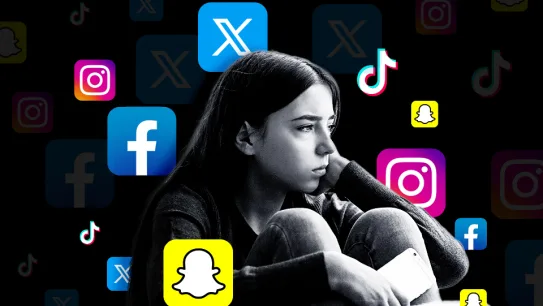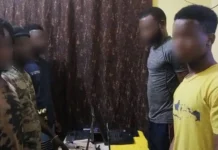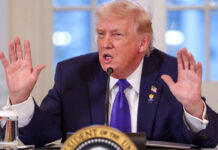The Australian government has widened its pioneering social media restrictions on teenagers to include YouTube, reversing an earlier decision to exempt the platform and intensifying its confrontation with major tech companies.
The updated policy, announced on Wednesday, will classify YouTube, owned by Google’s parent company Alphabet Inc., as a social media platform, subjecting it to a ban on accounts for users under the age of 16 that is set to take effect in December. The move comes in response to recommendations from the country’s internet safety regulator, which cited growing concerns about the platform’s impact on minors.
“I’m calling time on it,” said Prime Minister Anthony Albanese, signaling a firm stance on child safety online. “Australian children are being negatively affected by online platforms, and I want Australian parents to know that we have their backs.”
The eSafety Commissioner last month urged the government to reverse its exemption of YouTube after a survey revealed 37% of minors reported encountering harmful content on the platform, the highest rate among all social media services evaluated. The report directly contradicted YouTube’s previous claims that its primary purpose as a video-sharing site should distinguish it from traditional social media.
“YouTube is a video sharing platform with a library of free, high-quality content, increasingly viewed on TV screens. It’s not social media,” a YouTube spokesperson said in an emailed statement. The company maintains that it should not be subject to the same restrictions as apps like Facebook, Instagram, Snapchat, or TikTok, which are already covered by the upcoming legislation.
The decision marks the latest escalation in Australia’s efforts to regulate Big Tech, a campaign that has previously seen standoffs with Alphabet. In 2021, Google threatened to withdraw search services from the country to avoid legislation requiring it to pay publishers for news content.
Now, with the inclusion of YouTube in the teen ban, a similar legal battle may be looming. Media reports suggest that YouTube has warned the Australian government it might launch a court challenge, although the platform has yet to officially confirm such action.
“We have written to the government urging it to uphold the integrity of the legislative process,” YouTube stated last week. In parliament on Wednesday, Communications Minister Anika Wells responded defiantly, saying, “I will not be intimidated by legal threats when this is a genuine fight for the well-being of Australian kids.”
Under the revised law, minors will still be able to watch YouTube videos under supervision, such as in classrooms or at home with parental oversight. However, they will not be allowed to create personal accounts on the platform until they turn 16.
“Teachers are always curators of any resource for appropriateness and will be judicious,” said Angela Falkenberg, President of the Australian Primary Principals Association, who voiced support for the changes.
The Australian government passed the law in November 2024, requiring platforms to take “reasonable steps” to prevent users under 16 from creating accounts. Companies that fail to comply face penalties of up to A$49.5 million (approximately USD 33 million).
Experts have warned that artificial intelligence has exacerbated the spread of misinformation and harmful content on platforms like YouTube. Adam Marre, Chief Information Security Officer at cybersecurity firm Arctic Wolf, welcomed the move, saying, “The Australian government’s decision to regulate YouTube is an important step in pushing back against the unchecked power of Big Tech and protecting kids.”
The effectiveness of the ban will hinge on how platforms implement age-verification measures. The government is expected to receive a report later this month on tests of age-checking technologies, which will guide the enforcement phase of the law.
As Australia prepares to enforce the world’s first broad ban on under-16s using social media, its firm stance is expected to influence global discourse on child safety, tech regulation, and digital accountability. Whether other countries follow suit, or tech giants mount successful legal defenses, remains to be seen.
Written By Rodney Mbua



















